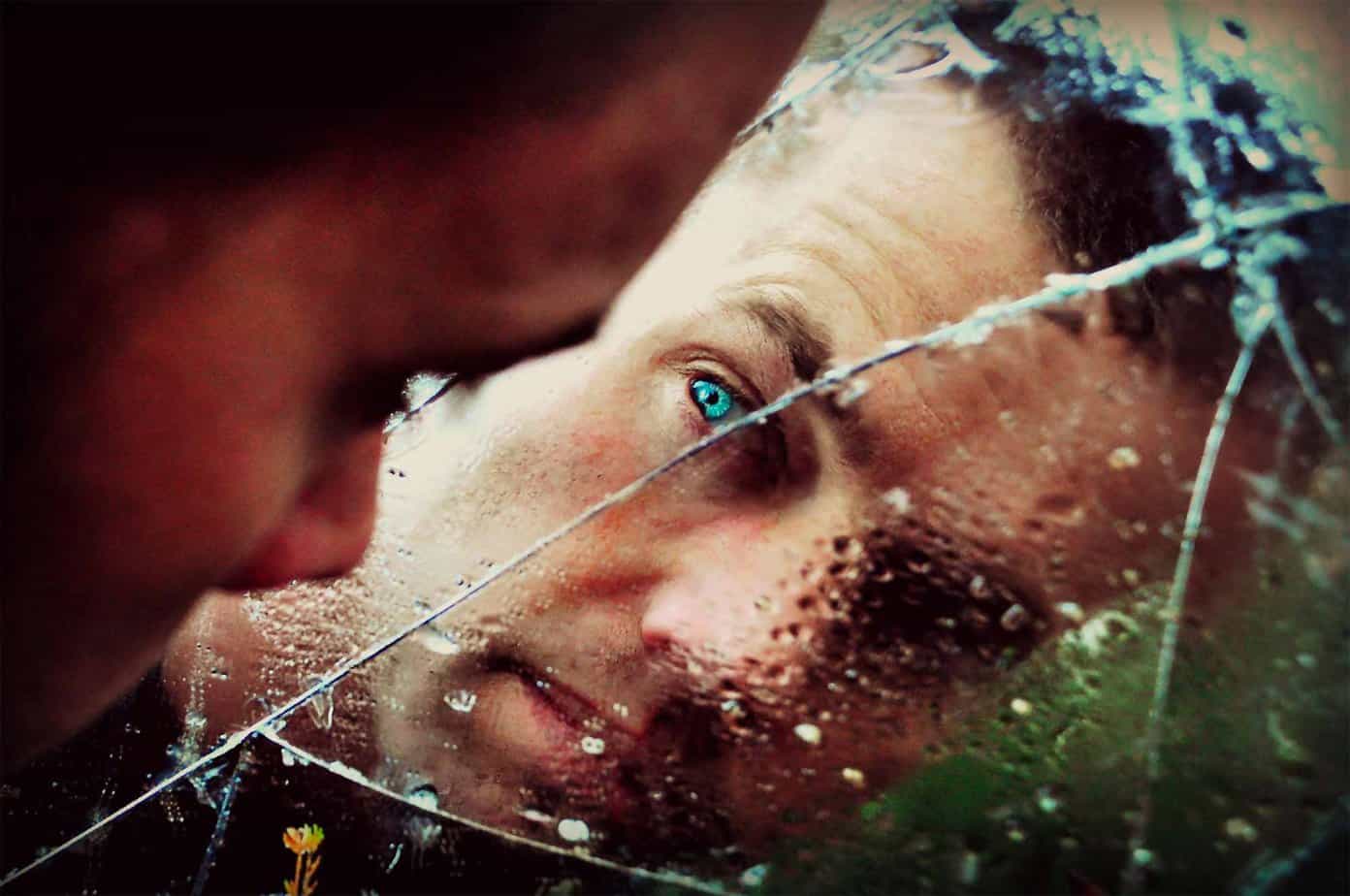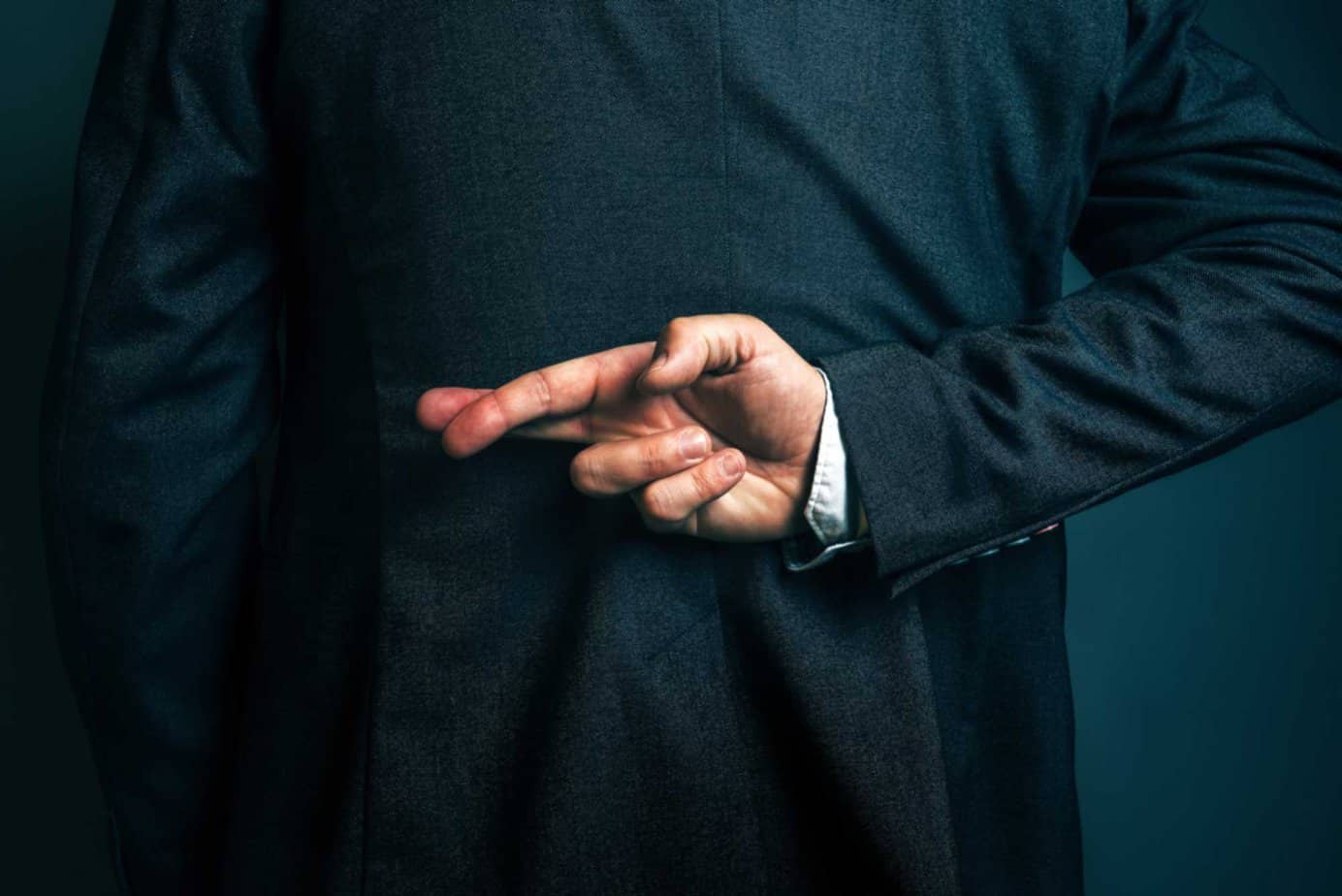A key element of being authentic is staying true to yourself and being proud of who you are. That means owning your story, embracing your flaws, being honest with yourself, and ultimately, letting go of the guilt and shame. This can be difficult, particularly in early recovery, when self-esteem and confidence can be especially low. The stigma surrounding addiction may cause you to worry about how others will judge your substance use. Fretting over external expectations can make it hard to be yourself, which is essential to maintaining your sobriety. To help you be your most authentic self, we asked Nancy Sanchez, a Recovery Coach at Mountainside, what authenticity means to her and how she encourages her clients to be more authentic in their daily lives.
What does being authentic in sobriety mean to you?
To me, being authentic in sobriety means having the courage to be yourself. It is letting go of who you thought you were meant to be and allowing yourself to become who you really are. Recovery gave me that opportunity. Before I decided to ask for help and get sober, I lived the way others wanted me to live. The expectations of family, friends, society, social media, and the expectations I put on myself were exhausting and unrealistic. I wore a mask of perfection and pretended to be okay. Recovery allowed me to remove the mask and start letting others see me for who I really am. I reclaimed my authenticity by owning my story. I started being okay with myself and embracing this new journey. It was freeing. I got real with myself and others. When we can be real, we start to heal.
Do you have any tips for those in recovery who want to be more authentic?
Embrace the uncertainty. Learn to trust that everything that has happened in your life so far has gotten you to the point that you are today. Who you were in active addiction is not who you are now. When we decide to get sober, it can sometimes feel like we lost time. We focus on what we could have done instead of what we are doing today. It’s important to give time, time, and to remember that recovery is not a race. It’s a journey. It’s okay to be afraid and uncomfortable. When we lean into the fear and get through it, it can take us to beautiful places. So, ask for help and let others be there for you. That takes courage! And NEVER be ashamed to share your story. I love to say that I am in recovery – it has led me to have some of the best conversations with people in and outside the recovery community.
How does embracing authenticity during recovery affect relationships between the person struggling with addiction and their loved ones?
A big part of being authentic is speaking your truth and telling others how you feel. Opening up to my loved ones about what I went through and was still going through enabled them to understand me better. But this is often hard on families because it’s a tough disease, and a lot of the time, it doesn’t make sense. The number one thing for families to know is that you can’t fix it. What was helpful to me is that my family let me have my journey. They let it play out, and they supported and loved me through it. They saw how small changes led to big changes.
What does the term “authentic self” mean to you?
It means getting to rebuild the relationship with the person that matters most – YOU! Love yourself every day. I love myself today, flaws, and imperfections. Everyone has shortcomings and acknowledging that you have them allows you to improve upon them. Learn to be okay with yourself first. Take off the mask and let others see the real you. How can you expect to have good relationships with others if you don’t have one with yourself?
What role does self-confidence play in finding your authenticity in recovery?
The best way to build self-confidence is to do the right thing (getting sober), no matter how long it takes. By continuing to do that, you start to feel proud of the person that you are becoming. One thing that I always tell my clients is you build self-esteem by doing estimable things. The more progress you make in your life by getting a job, rebuilding relationships, and becoming someone that can be relied on, the more confident you will become in being the most authentic version of yourself.
How does becoming more authentic strengthen one’s sobriety?
You stop hiding. Today, I am a better version of myself. It is like night and day. I was dying, and now I am alive. Truly alive. Recovery has done that for me. It has led me on a path to become a recovery coach. If you had told me five years ago that this is where I would be and what I would be doing, I would have told you that you were crazy. Now, I help others by sharing my experience – the good, the bad, and the ugly. I can say to my clients, “I understand, I have been there too.” It is a gift to share your story without guilt or shame and to be able to give hope to those who need it.
Is there something important that you wish everyone in recovery knew?
It’s okay not to have everything figured out because you will get there in time. Trust me, if I can do it, you can do it. I would also stress the importance of asking for help when you know you need it. There are others going through the same thing, and you don’t have to trudge this road on your own. Realizing that I was not alone and that others felt and thought the way I did was freeing. It is important to come to two realizations: one, you have a problem, and two, the best way to overcome it is with support. Whether they are loved ones, a sponsor, or a mental health professional, having people you can lean on is crucial.
And lastly, the best part of getting sober is that we get a second chance. We get to start over. We get to start living the life we were meant to live. Some days are easier than others. Sometimes it feels easier to give up than to keep going. NEVER GIVE UP. Never give up on the opportunity of a second chance to live.
Shout out to Nancy for taking the time to discuss how important it is to be authentic in recovery!
If you or a loved one is struggling with addiction, Mountainside can help.
Click here or call (888) 833-4676 to speak with one of our addiction treatment experts.

 By
By 




